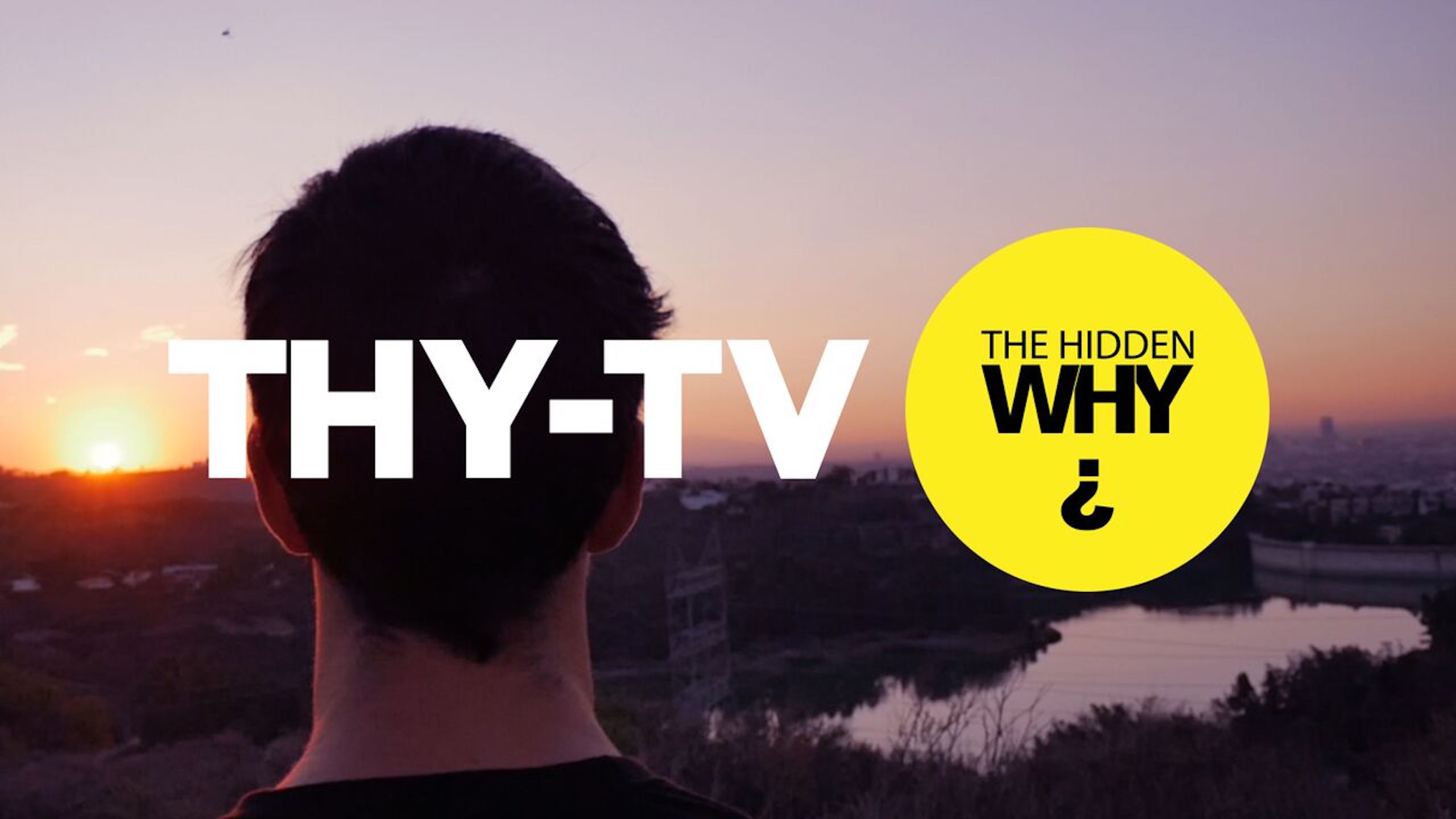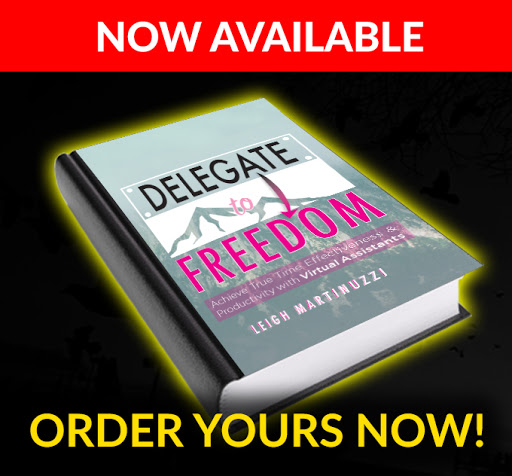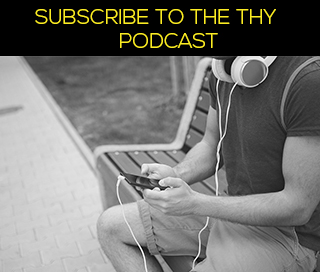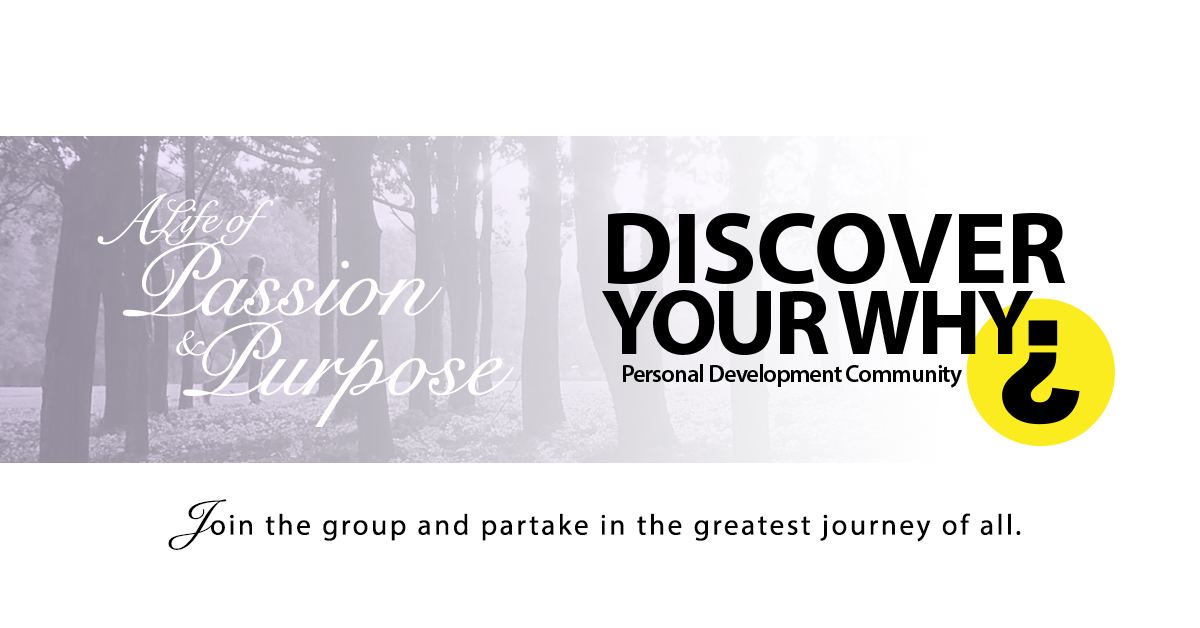
11 Methods of Changing Habits
This article is an extension of an essay I wrote, A Thought About Changing Habits, originally posted on the 7th of August, 2014 however recently revised and improved. I included the 11 methods in the original post, however, to develop better readability and reduce the length I decided to split it in two. This is the second part.
It’s been three years since writing this article, and I can tell you since then my knowledge and thoughts have grown and shifted, as one would expect.
It was three years ago that I began my personal-transformation journey. I started to invest heavily in my self-improvement. If that sounds selfish, I can tell you it’s not. If it weren’t for my drive, discipline and consistency, the quality of my life would have continued on a downward spiral thus affecting all of my relationships. And healthy relationships are a fundamental Life Principle to all life.
The most excellent investment we can make is in our self-development yet it can be challenging, and this is why many people start out with the right intentions however soon give up and retreat to the familiar lifestyle and behaviours they know. For those who continue to push forward, regardless of how many times they may fall, will reap the rewards. I believe the results are cumulative and the process of progress and positive habit formation become more and more enjoyable.
Personally, for the past three years, I’ve been in a continual battle with my habits. I’ve fought with the conscious and unconscious processes of the mind. I’ve struggled with addiction and unhealthy habits. I’ve failed and stumbled so many times, occasionally to the point of tears, that I’ve given up often thinking to myself that I am without control. I set goals that slowly vanished. I feel I’ve wasted time pursuing the wrong paths. I’ve been unkind to myself. I’ve fought with the victim mentality. I’ve often used excuses, blame, judgement and unkindness towards others as an ineffective way out.
However, my drive, discipline and tenacious nature had kept me on the forward momentum, and for that, I’ve improved. I have a deeper understanding of habits, am better able to assess and change them, and have even developed a greater appreciation and compassion for other people’s habits, both ones I like and ones that annoy me. Personal development works, it just takes time, and I am happy to say that I am still on that journey.
Plant the seed
To create change, you need to plant the seed. What is the desired outcome you wish to grow? And what are the habits that will get you there and the ones that will limit growth? From there, start telling yourself the story that has you already living in that realm. This practice will help set your thoughts on the right track and assist you in building belief.
Visualise what you want until it becomes a reality. One practice I’ve since learnt is that it is better to tell yourself what you desire and wish to create rather than what you want to avoid. Whatever we give our attention to is what we gravitate to, so by continually visualising and thinking, through storytelling, affirmations, journaling and other practices, we confirm the habits we desire, and from there they have a better chance to grow and survive.
“Whatever the mind sees and believes it achieves. Whatever you think about the most you become.” Napoleon Hill
Take Action – Purposeful Action
There are no results without action. No progress without momentum. All the motivation, inspiration, creative ideas, dreams and desires will never eventuate unless we take action. Change is inevitable. Nothing is permanent. However, to design and live the lifestyle we want, purposeful action is required.
I believe it often starts by taking just one step. It is usually the hardest part of the habit changing process. Step up to the plate, take the challenge and walk into the fire. It may feel scary, risky, intimidating, or vulnerable but as soon as movement is created positive feelings begin rolling in, and this is what keeps us going.
“Motivation is what gets you started. Habit is what keeps you going.” Jim Ryun
Start off small
When setting out to change a habit start small. If you plan to get up earlier, it may not be the best idea to go immediately from waking up at eight, to getting up at five. Try for 7:30 and then gradually make it earlier. You probably wouldn’t go for a 21-kilometre run if you haven’t run 100 meters since high school. Transformation is often gradual; it takes time!
I feel the same principle applies to the number of habits you wish to work on at once. Work on one or two at a time instead of trying to master them all at once. Dream big and be ambitious but don’t stretch yourself too thin, because when we are under pressure that is when we a most vulnerable and more likely to quit and recede to our old patterns and behaviours.
The best advice I learnt recently from Jon Acuff was to immediately cut your goal in half when starting out, this way you’ll more likely finish and reach your goal.
“Don’t try to climb Mt. Everest if you’ve never strolled up a hill.”
Crawl, walk, jog, run, and sprint
As a continuation from above, this is just to reinforce that changing habits take time. Rome wasn’t built in a day, and no one becomes a superstar overnight. Well, some may but those who do often vanish as quickly as they rise. My heroes are usually those nearing their 50s or above and achieving what I consider success – a life guided by being integral to their autonomous Self. Free from conformity and very vulnerable, authentic and spiritually connected to what is truly important in life.
The process of forming habits is step by step, and I can say the same about breaking habits. Things take time. However, as momentum grows things accumulate, and things become more comfortable and more natural. I am sure of this. Keep going. Be kind to yourself and know that you are significant and will never be perfect. And that’s okay! Follow the path in life guided by you and watch the beauty unfold.
Set Goals – A Process of Success
Those who achieve and live a lifestyle that they love, set goals. A goal is more than a dream or future vision of what you desire that exists only within your mind. Goals are tangible. Goals take what you wish for in life and put it into a process that can be measured, acted on and completed. Dreams expand purpose. However, goals are finite. There is an endpoint.
Put your thoughts on paper, better still, share them with friends, relatives, peers or loved ones; this brings with it more commitment and places a level of emotion on the table. It proves commitment and creates accountability and ownership. Essential elements in achieving what you seek. Make a visionary board – these are great for those yearly or longer-term goals.
Review and Realign
This step is one part of the goal-setting process and is why writing down your goals and visions is an excellent idea. You then have them on hand to review how your progress is tracking. We should make it a regular practice to review our life, our goals, our day, our thoughts, and in this process, we can remove the rubbish and seek ways to improve the good.
If things are not proceeding as planned, then realign your goals, behaviours and routines. It’s okay to scrap those that are wasteful or unnecessary or just shift things around a bit to enhance their impact. If we don’t measure and review, how will we know if we are having the right kind of momentum?
“If you can’t measure it, you can’t improve it.” Peter Drucker
Get up again and again
We will fall many times in life. Sometimes harder than others. I believe the most significant transition and learnings come to those who take the courage to stand back up again. Do not be discouraged if you slip; it will not kill you or end your goal of attaining your dreams. If one remains defeated it could lead to a heightened sense of suffering and regret.
Regroup. Pause. Clear your thoughts. Reflect. Learn. Prepare. And take action once again. It is important to remember not to make it a consistent slip otherwise this will form the anti-habit. Even then, however, it is never too late. I’ve let old habits slip back into my life and thought to myself, “what’s the point of trying.” And then I remember why and try again. It’s part of the process and in time it will be noticed.
“Why do we fall? So we can learn to pick ourselves up.” – Alfred, Batman.
Find more other pleasurable habits
If giving up annoying habits, it is a good idea to try to find behaviours and activities that you enjoy to fill its spot. All practices that we consistently partake have a feeling of pleasure of comfort attached to them; this is why it can be hard to stop.
If it is giving up drinking trying taking up boxing or rock climbing and find passion there. If you just stop and don’t replace a habit, you will find it easy to succumb back to the original behaviour in favour of the desirable satisfaction it brings you despite the longer-term pain that you may be wishing to avoid.
One further point, rather than think about the negative behaviour you wish to break or avoid, try to fill your mind with the positive actions you want to do. The thoughts we fixate on are usually the ones we take action on.
Get a coach or phone a friend
As the old saying goes surround yourself with the five people you want to become. Find friends, mentors or even get a coach, they have been the best source for me to find inspiration, motivation and the encouragement to stay on track. Find people that have struggled with the particular habit you wish to break or have developed a life of positive patterns and learn from them. It’s important to understand that you are not alone.
Understanding the Critical Mass
I believe every habit has to it a level of addiction. Not always quite the same as drug addiction but repetitive, consuming and hard to avoid. Habits also lead to complacency which can be a limiting factor to one’s progress in life. A limiting factor on the advancement of humanity.
Those habits which we are more experienced and have a long history with generally become harder to change. They become superhighways that are more convenient to travel than trying to blaze new paths. I refer to this as the critical mass. The higher the weight, the more neural connections in the brain we have created, used and relied upon for our day to day operations with regards to the particular behaviour, the bigger the critical mass. Drug addiction adds to that weight.
Knowing the level of critical mass a habit has will help us understand the amount of attention, focus, energy and time to change it.
Know ‘WHY’
Our Why is the source of all motivation. When we have a deep and clear connection to our Why, our motivation to do what is required, as we desire and dream, is much more possible. Whenever we want to make some changes, we must be clear on this because it becomes our ability to not only start but to persevere in adversity.
As our motivation in life grows, we will naturally become more purposeful. If we have no good reason for doing something then why do it? This underlying motivation must come from our internal source. There are extrinsic motivations in life, however, as I have discovered, they can not nearly as powerful as reasons that arise from our core.
Our Why is the power that fuels our motivation towards permanent change. It’s good to know it. If you don’t see it yet, or still a little unsure and vague, ask “why?” Why do you do what you do? And when you find the answer ask again “Why?” Dig deep until you discover your real purpose and desire for change.
“The truth is that everyone is bored, and devotes himself to cultivating habits.” Albert Camus.
As I said at the start, there is much more depth to change that what I have written here, however, hopefully, some of what I have shared is of value. It is what I have found useful in my transformation and still does. Vision boards are the only thing I no longer use as they weren’t so helpful for me. They might work for you.
If you have any questions, comments or further thoughts on this post, please do share them below. You can also reach me directly if you have any questions or comments you’d prefer to share with me privately. Thanks for reading.
Further Reading and Resources
TED Talks: Ideas worth spreading
Elite Daily: The Voice of Generation Y
Four Hour Work Week: How to escape the 9-5, live anywhere and join the new rich.
The Minimalists: How to pursue a minimalist lifestyle and be happier.
Mind Hacks: Tips and Tricks for Using Your Brain
Rich Roll: Plantpowered Wellness Advocate
The Art of Charm: Build confidence, feel comfortable and networking differently.
The Art of Manliness: Encouraging men to be better husbands, fathers, brothers, citizens.
Tiny Buddha: Simple wisdom for complex lives.
Mind Body Green: Lifestyle media brand dedicated to inspiring you to live your best life.
Zen Habits: Find simplicity and mindfulness in life.
Creative NonFiction: “true stories well told.”
Barking Up the Wrong Tree: science-based answers and expert insight on how to be awesome at life.
The Positivity Blog: Practical articles on happiness, self-esteem, productivity and social skills.
FIND YOUR HIDDEN WHY with THE HIDDEN WHY (THW)
BUILD YOUR LIFE AROUND YOUR PASSION AND LIVE WITH PURPOSE
Sign up for free below and receive cool stuff from me each week + Plus a free copy of “The Four Pillars of Success”
In my weekly emails you will receive ideas, thoughts, learning’s and inspiration on:
- How to design a life that you want and live by your terms
- How to live a life with passion & purpose
- Methods, strategies, & techniques on life hacks
- Messages on how to better live your life
- We will also keep you up to date with fantastic interviews from THW podcast













Leave a Reply